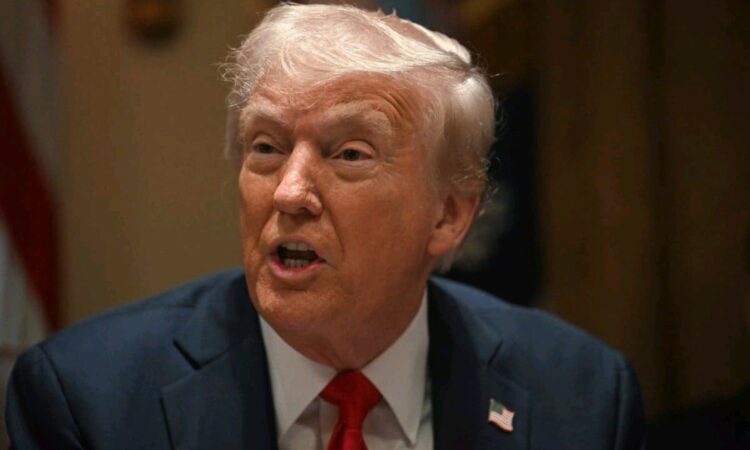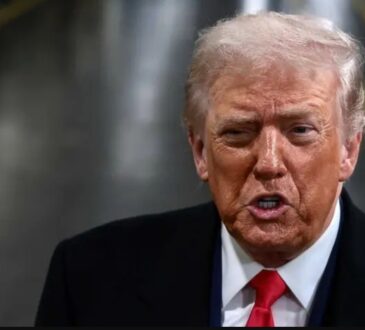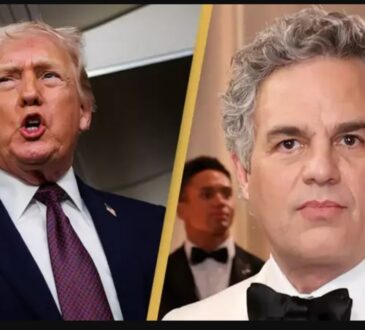
The European Commission responded to President Donald Trump’s claim that the European Union (EU) was created to “screw” the United States.
Trump made this comment during a cabinet meeting, showing his strong dislike for the EU, a long-time ally of the U.S. He also announced new tariffs on European goods. The EU hit back, saying it has actually been a great benefit to the U.S. and is the world’s largest free market.
Trump’s return to the White House has caused tension between the U.S. and its European allies. For example, the U.S. has changed its stance on supporting Ukraine, and Germany’s future leader has urged Europe to take more control of its own defense.
Trump criticized the EU, saying it has taken advantage of the U.S., and announced a 25% tariff on EU goods, which could hurt Germany’s car industry. The EU warned it would respond strongly to these tariffs.
Trump has also imposed tariffs on Canada, Mexico, and China, citing issues like illegal immigration and drug smuggling. Meanwhile, a planned meeting between EU officials and U.S. Secretary of State Marco Rubio was canceled, though Trump met with French President Emmanuel Macron and is set to meet British Prime Minister Keir Starmer.
At the United Nations, the U.S. sided with Russia against most European allies, calling for an end to the war in Ukraine without insisting on Ukraine’s territorial integrity.
Trump said Europe, not the U.S., should provide security guarantees to Ukraine. However, Ukrainian President Volodymyr Zelensky is set to sign an agreement giving the U.S. control over much of Ukraine’s mineral resources.
Germany’s likely next leader, Friedrich Merz, supports the U.S.-Europe alliance but warned Europe to become more independent in defense matters. Rubio said NATO is still strong but urged Europe to spend more on its own defense.
In short, Trump’s “America First” policy is causing friction with Europe, and both sides are preparing for more disputes.




